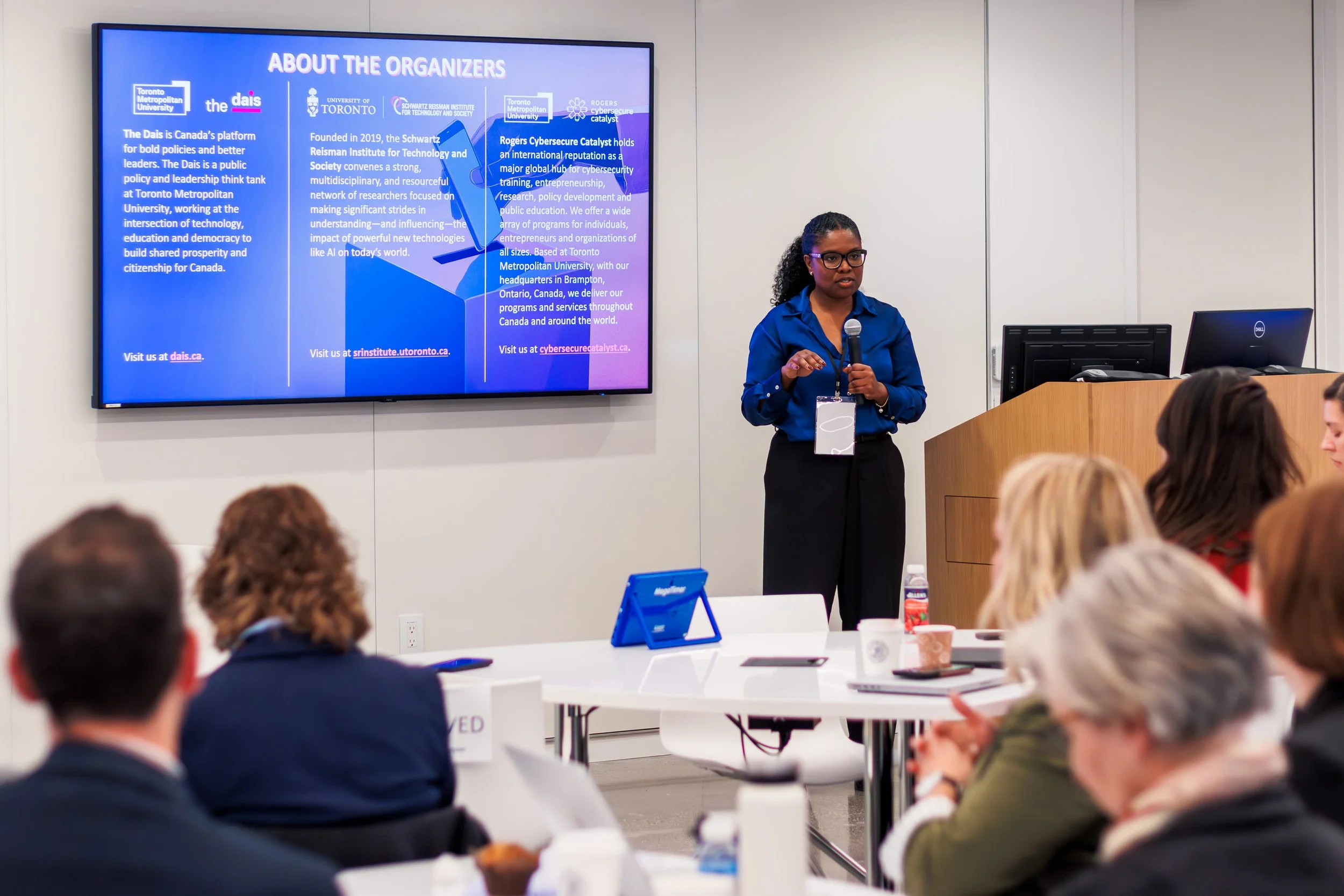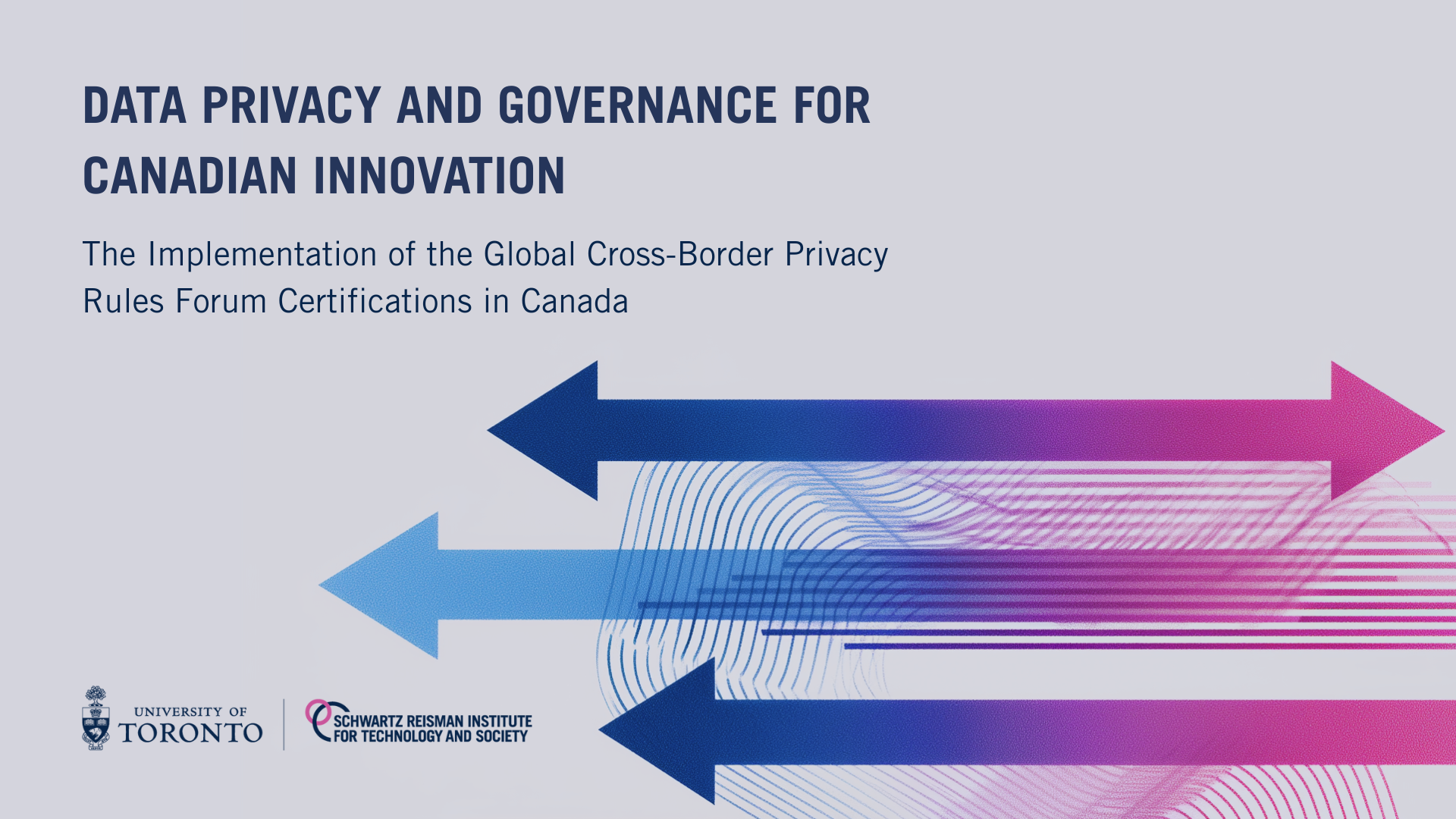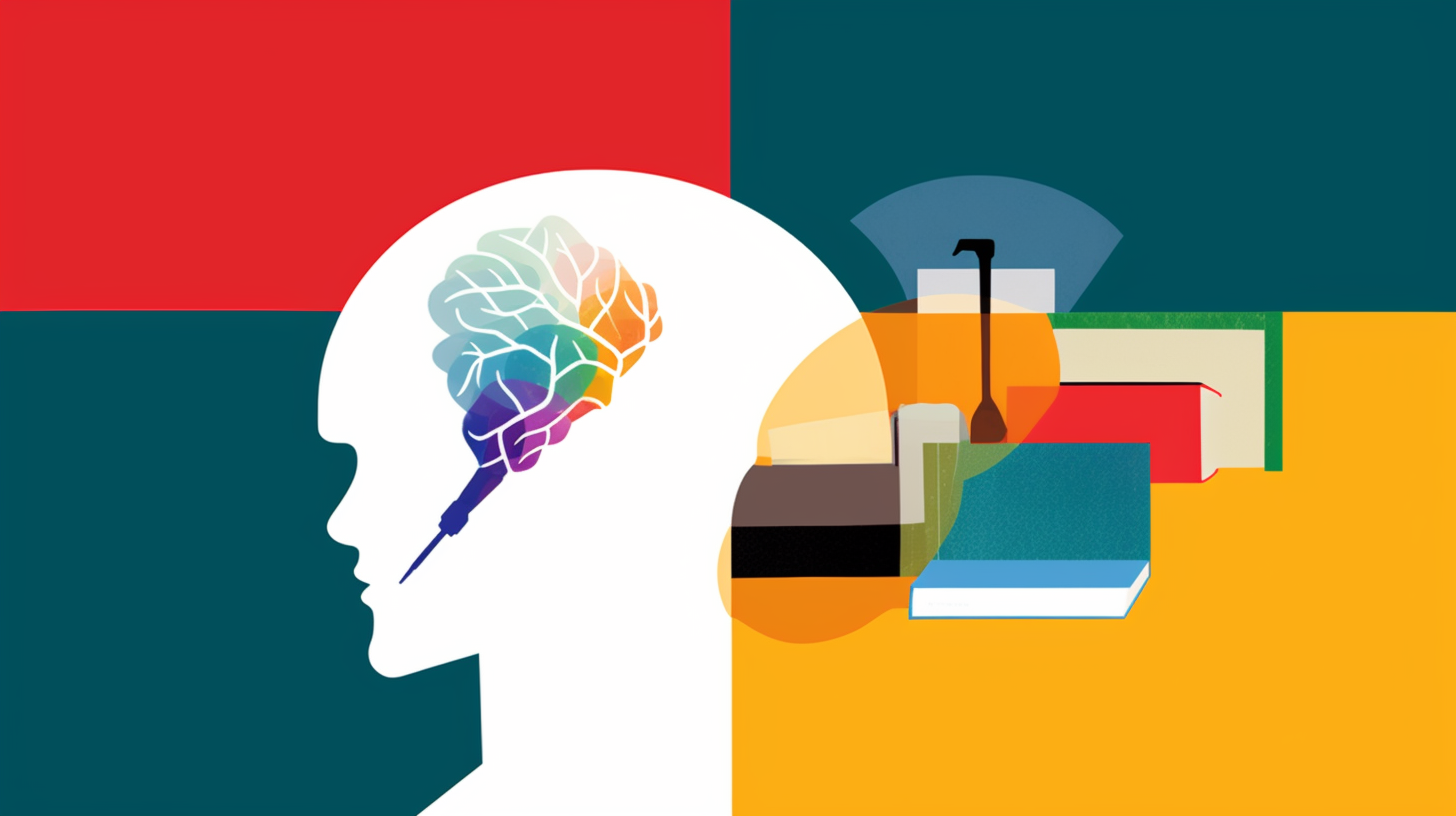WHAT’S HAPPENING
Here’s what we’re thinking about, talking about, and working on at the Schwartz Reisman Institute.
AI and digital innovation needs science too
SRI Executive Director Monique Crichlow argues that Canada’s global AI leadership depends on sustained investment in fundamental research, interdisciplinary science, and thoughtful governance to ensure AI advances serve the public good, not just short-term economic growth.
Therapy bots: Regulating the future of AI-enabled mental health support
AI therapy chatbots promise accessible mental health support—but without proper oversight, they risk misleading users and causing harm. The Schwartz Reisman Institute’s new policy brief outlines how Canada can regulate these tools to protect public trust and ensure AI innovation truly serves human wellbeing.
David Duvenaud reflects on post-AGI workshop
SRI Chair David Duvenaud shares reflections from the Post-AGI workshop, highlighting the value of diverse perspectives and the challenges of envisioning post-AGI trajectories.
AI companions: Regulating the next wave of digital harms
From AI chatbots marketed as digital partners to voice assistants designed for intimacy, these systems promise connection while raising urgent questions about privacy, manipulation, and digital addiction.
Data privacy and governance for Canadian innovation: SRI responds to Canada’s implementation of global privacy certifications
The Schwartz Reisman Institute for Technology and Society responds to Canada’s consultation on global privacy certifications, outlining how CBPR and PRP can strengthen data protection, build public trust, and drive innovation in the digital economy.
Are humans becoming obsolete? David Duvenaud on AI’s growing dominance
SRI Chair David Duvenaud’s op-ed in The Guardian explores the impact of AI on human relevance and suggests strategies for adapting to ensure we aren't outpaced in every area of society.
What might the Canadian AI Safety Institute look like? Reflections on an emerging national AI safety regime
In April 2024, the Government of Canada pledged $2.4bn toward AI in its annual budget, including $50m for a new AI Safety Institute. What scope, expertise, and authority will the new institute need to achieve its full potential? We examine the early approaches of similar institutes in the UK, US, and EU.
From mourning to machine: Griefbots, human dignity, and AI regulation
Griefbots are artificial intelligence programs designed to mimic deceased individuals by using their digital footprint. Griefbots raise significant concerns about data collection and implications to human dignity. This article explores the digital afterlife industry and the ethical and legal challenges it presents, including a consideration of health, privacy, and property laws in Canada.
All about Bill C-70, the Canadian government’s attempt to counter foreign interference
Although foreign interference did not impact the results of Canadian elections in 2019 and 2021, it ‘stained’ the electoral process, undermining public confidence in Canada’s democratic institutions. What measures does Bill C-70 (“An Act respecting countering foreign interference”) take to bolster Canadian confidence in elections? And how might it apply to the use of AI in our elections?
The terminology of AI regulation: Ensuring “safety” and building “trust”
We hear certain terminology used frequently in efforts to regulate artificial intelligence. But what do we mean when we talk about “safety” and “trust”? Are advanced artificial intelligence (AI) systems a threat to our sense of safety and security? Can we trust AI systems to perform increasingly critical roles in society? Precise and useful understandings of these terms across diverse contexts are a crucial step toward effective policymaking.
Five key elements of Canada’s new Online Harms Act
Canada’s federal government has released the latest draft of its online harms bill, otherwise known as Bill C-63. Below, Schwartz Reisman researchers take us on a tour through key aspects of the bill, including its taxonomy of harms, new expectations and requirements for social media platforms, and new kinds of protections for children and youth online.
The terminology of AI regulation: Preventing “harm” and mitigating “risk”
We hear certain terminology used frequently in efforts to regulate artificial intelligence. But what do we mean when we talk about “harm, “risk,” “safety,” and “trust”? SRI experts take us through the implications of the words we use in the rules we create.












